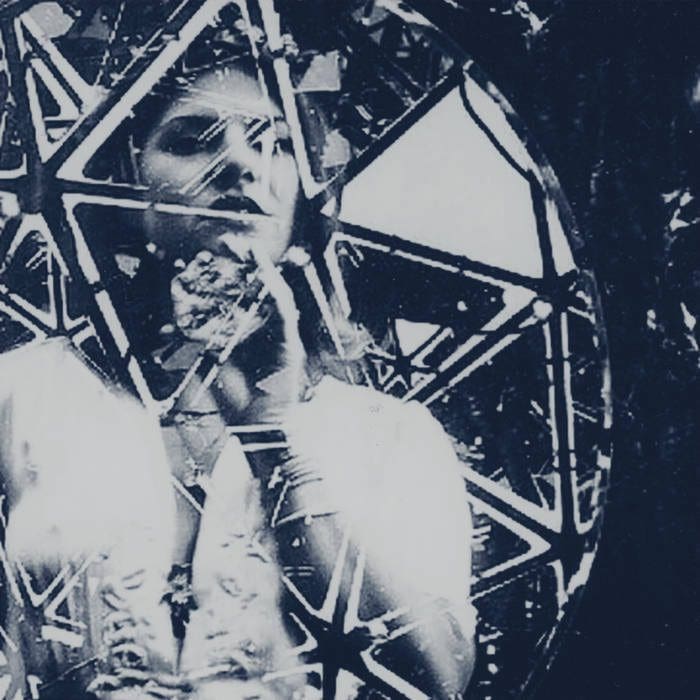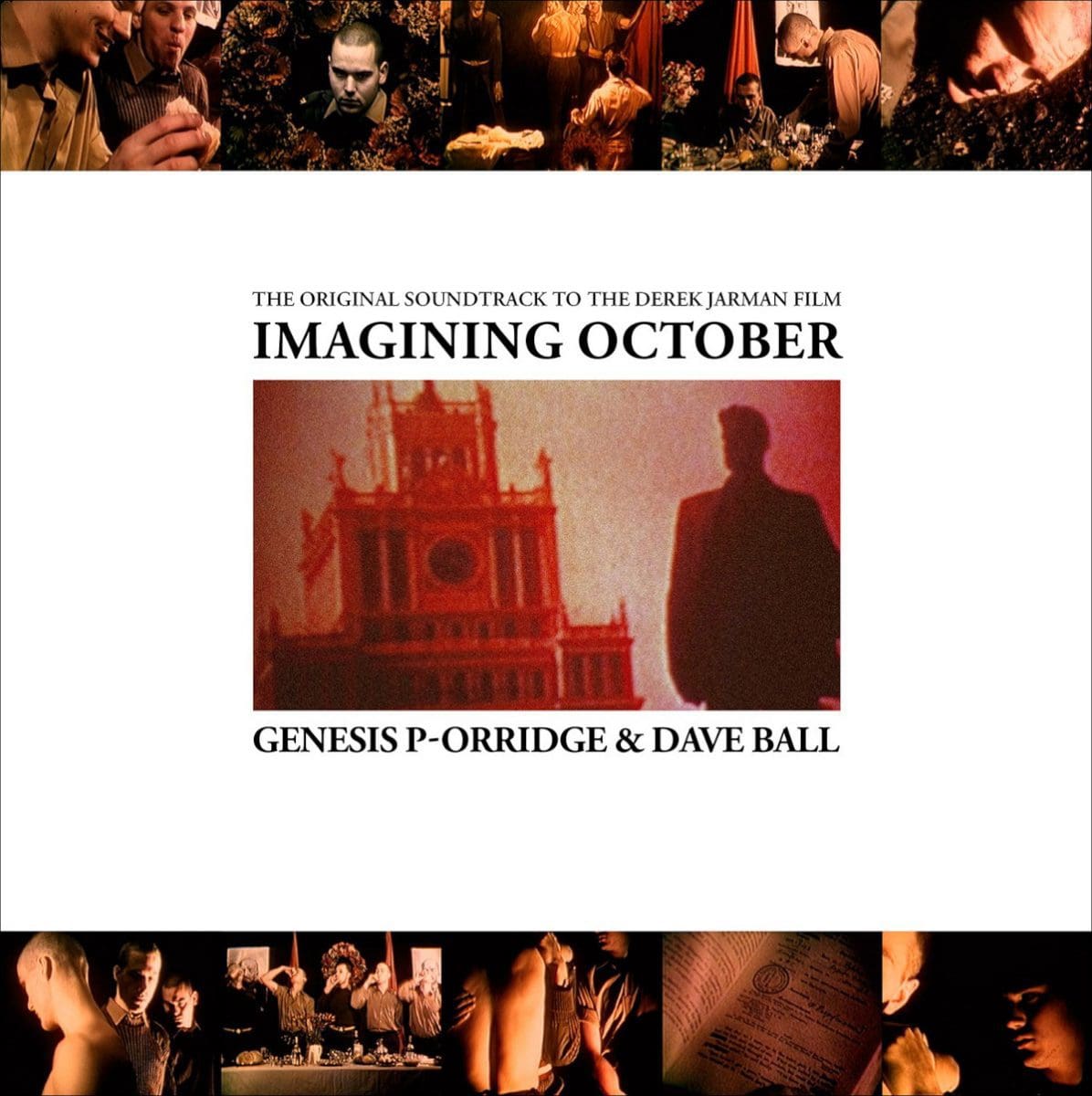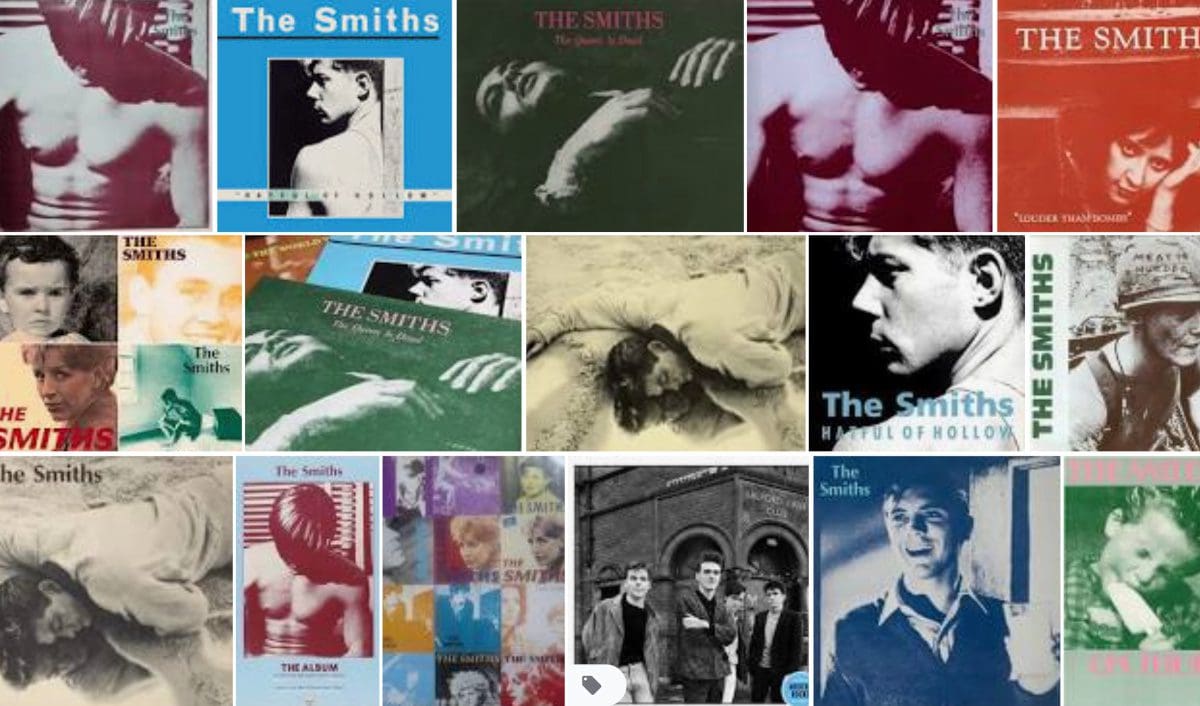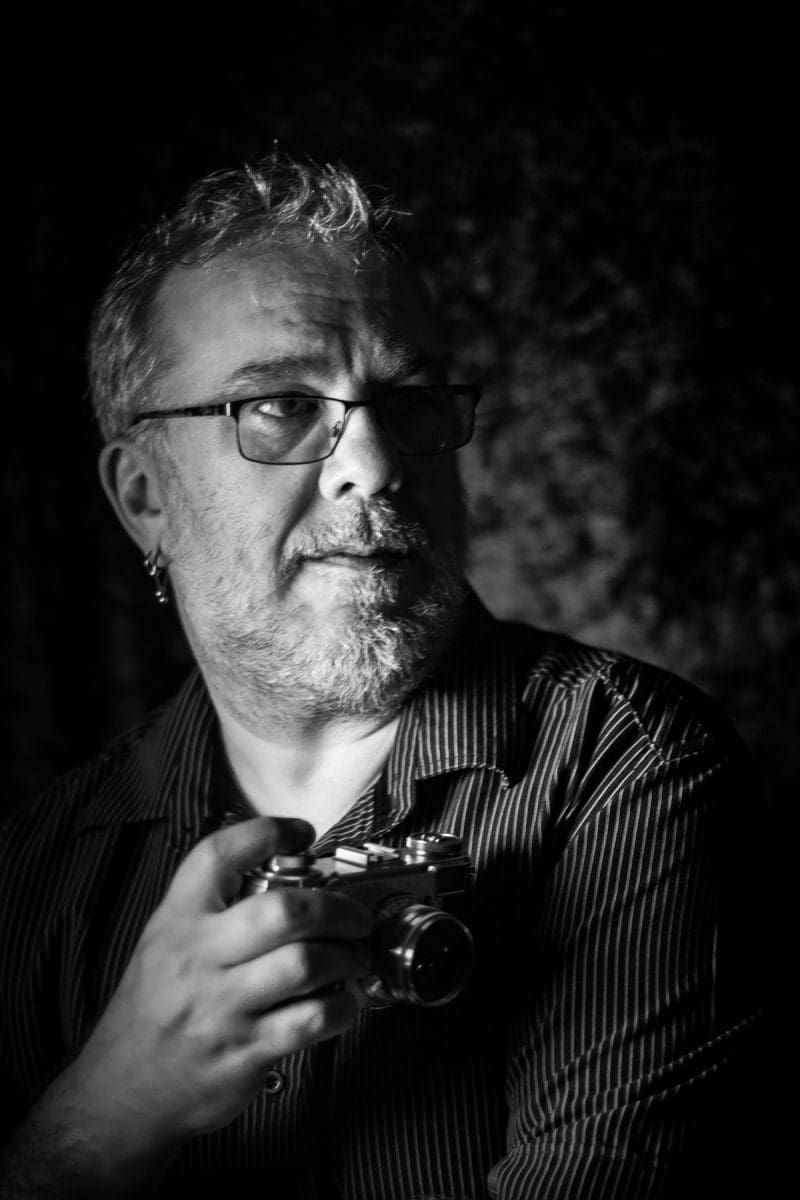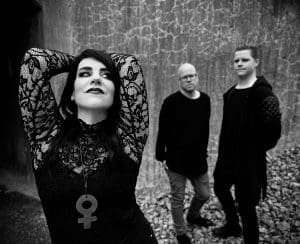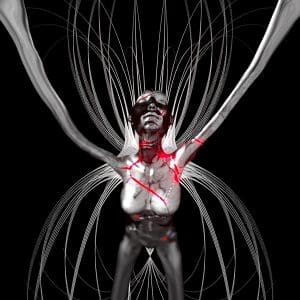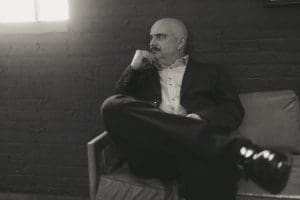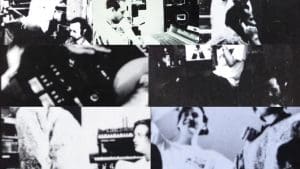‘Click Interview’ with The Illusion Of Silence: ‘Spirituality’
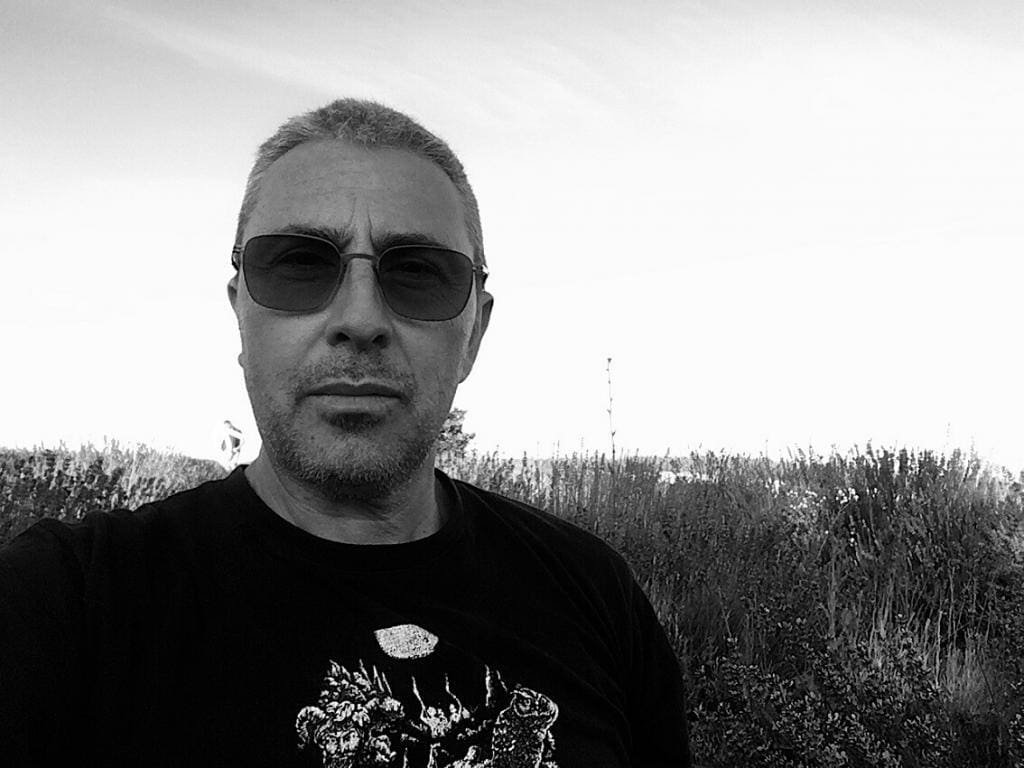

Italian multi-instrumentalist Luca Bonandini this year released his fourth production to date. He has been always attracted by every kind of sound, but got intrigued by silence, which is like a mystery that fascinates him. That brought him to the name of the project The Illusion Of Silence. The new album “Gardens In The Dark” is about the absence of connections between human beings and nature. In Luca Bonandini’s opinion nature is going the wrong direction, people thinking too much about economic issues getting unhappy and frustrated. They ignore the language and the rules of nature, its beauty and its gifts are wrapped in the dark of the time we live in. “Gardens In The Dark” has been released by Shadowplay Records and is a great artistic creation faturing elements of Neo-Classic, Neo-Folk and Cinematographic music. This work is one of the sonic jewels I got the opportunity to discover this year.
(Courtesy by Inferno Sound Diaries)
Q: Can you briefly introduce us to the sound universe of The Illusion Of Silence? How did you get in touch with music and especially the sound you’re dealing with?
Luca: It is not easy to answer because for me music is a very intimate process as the melody changes time to time as I change. So it would be reductive to tell you that I produce Neo-Classical, Neo-Folk or Ambient music. The nature is the place where I have a true communication. I need this kind of contact and the main of my inspiration comes from nature. I like to alternate my productions with instrumental albums or with more Experimental music as I did for the album “Music For Certain Rituals”.
My goal when I perform my music is to reach a state that I call ‘spirituality’. About the sound of TIOS, I can tell you when I was a baby I listened to a lot of kinds of different genres. At home my father listened to Classical music, Ennio Morricone, Wendy Carlos and John Barry. And I loved to listen to the radio where I discovered my favourite artists: Siouxsie And The Banshees, The Smiths, David Sylvian, Dead Can Dance, Franco Battiato, This Mortal Coil, Cocteau Twins, Harold Budd And many more.
Q: What are the instruments you’re playing and how do you explain this fascination for all these instruments? And do you’ve a favorite instrument or one you feel closer with?
Luca: My favorite instrument is the piano as its sound is close to my way of conceiving the music. I also play the bowed psaltery, the zither, the santoor, the kankles, percussions, the classic guitar, the flutes. These instruments have their own soul, their peculiar vibrations and I am attracted by their sounds.
Q: Next to music your new album also reveals a taste for poetry. What do you like in poetry and how do you try to transpose poetry into music? And do you think music can become a kind of poetry as well?
Luca: As for music, poetry can quickly describe a feeling or a condition with only a few words. When I read a poem, I can feel a rhythm, a melody and it is normal to start playing and singing. I consider the music an arcane language that speaks to the soul, therefore it is also poetry.
Q: Let’s talk about this new album “Gardens In The Dark”. I can imagine it took you a lot of time to prepare, compose, record and produce this album especially because of the impressive number of guest musicians and –singers. How did it all happen and how did you manage all different aspects of the production?
Luca: “Gardens In The Dark” was mostly composed and recorded in a hilly area in the Northern Italy and I took over 3 years to achieve it. While I was at the end to record the instrumental album “The White Summer”, I started to write songs where I could sing my own lyrics and some of my favourite poems. At the beginning, I thought I wished to realise an intimate acoustic guitar album: all the songs where first composed with the acoustic guitar and when I focused on the melodies, I sent some of my compositions to Alex Popov and Tatiana Korotkova (Sunset Wings) who both helped me for the arrangements and recording. In the meantime I started to write and record with Aima Lichtblau our first opus “Music For Certain Rituals” so there was a pause of several months. Later I started to add some instruments and I got in touch with Andrey Torkunov and his wife Maria (Sever Ga); I asked them to help me creating some Neo-Classic arrangements with the strings and the flutes. Then other musicians joined in to complete the work.
Q: I’ve been impressed by the global evolution in writing and production from your early work till “Gardens In The Dark”. How do you look back at your early work and what did you try to accomplish with this new opus?
Luca: Thank you for your words! For the first album “Black Rainbow” I set to music some of the poems I had written and went in a studio to record the song, which felt like like closing a circle. “Black Rainbow” was a pure and naive album and I did not have any kind of expectation. As the first album was recorded in four very intensive days, with “Gardens In The Dark” I wanted to take all the time I needed to arrange the songs with a more dynamic and refined sound.
Q: Do you’ve specific references and/or criteria when composing your music? How do you imagine your further work and what are the further plans?
Luca: I’m very instinctive when composing. I play music for some days and then try to forget about it. After some time, I listen to the demos; when some of them inspire me with new arrangements I finally decide to move on with the work.
About the future I have two albums ready. A new work for Aima & The Illusion Of Silence and an instrumental album inspired by the poem “Le Cimetière Marin” by Paul Valery. During the last few months I have been writing a lot of instrumental music with the piano, but it is too early to understand how the work will evolve.
Since you’re here …
… we have a small favour to ask. More people are reading Side-Line Magazine than ever but advertising revenues across the media are falling fast. Unlike many news organisations, we haven’t put up a paywall – we want to keep our journalism as open as we can - and we refuse to add annoying advertising. So you can see why we need to ask for your help.
Side-Line’s independent journalism takes a lot of time, money and hard work to produce. But we do it because we want to push the artists we like and who are equally fighting to survive.
If everyone who reads our reporting, who likes it, helps fund it, our future would be much more secure. For as little as 5 US$, you can support Side-Line Magazine – and it only takes a minute. Thank you.
The donations are safely powered by Paypal.


